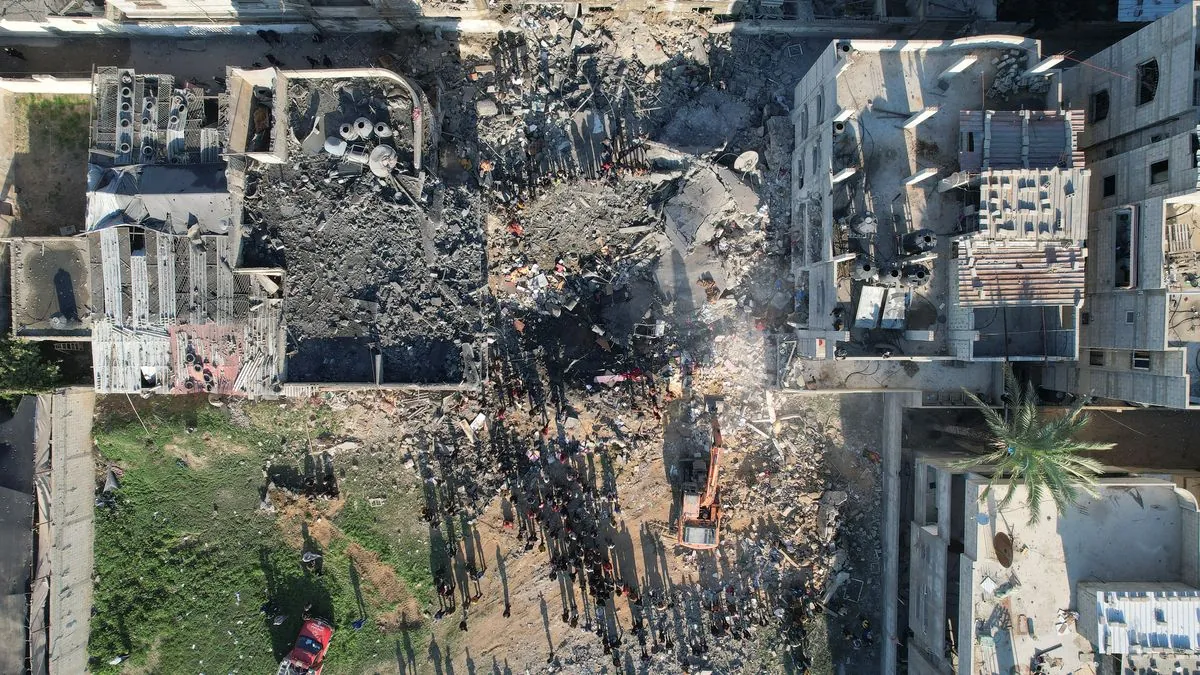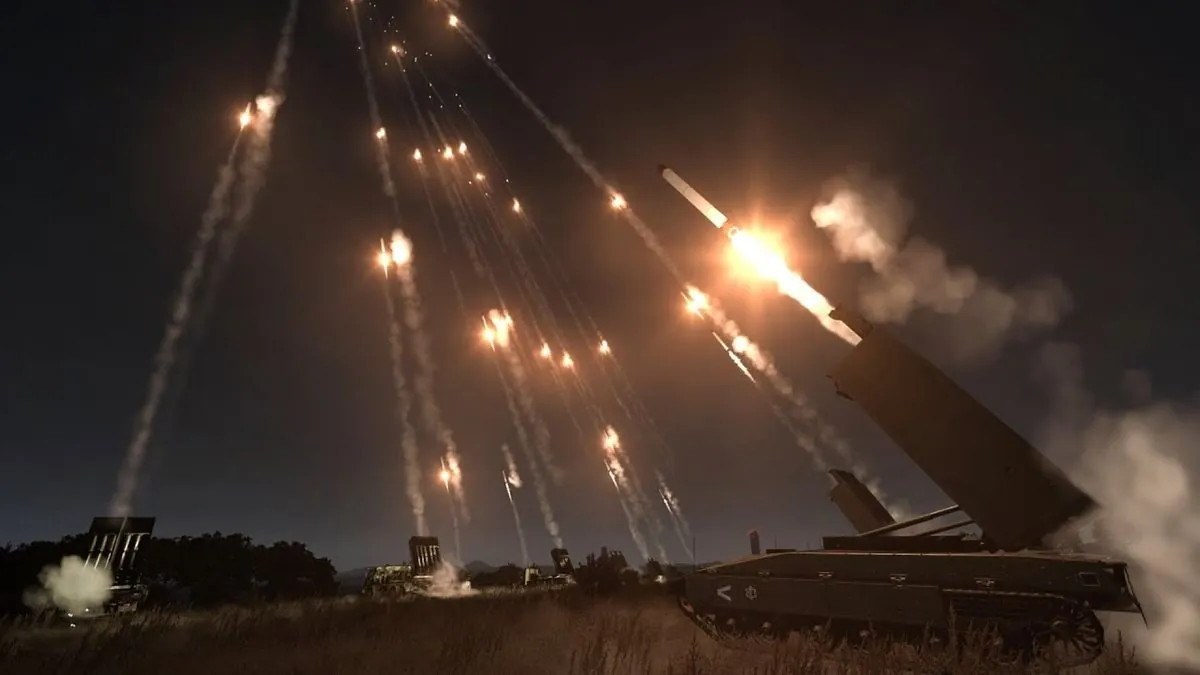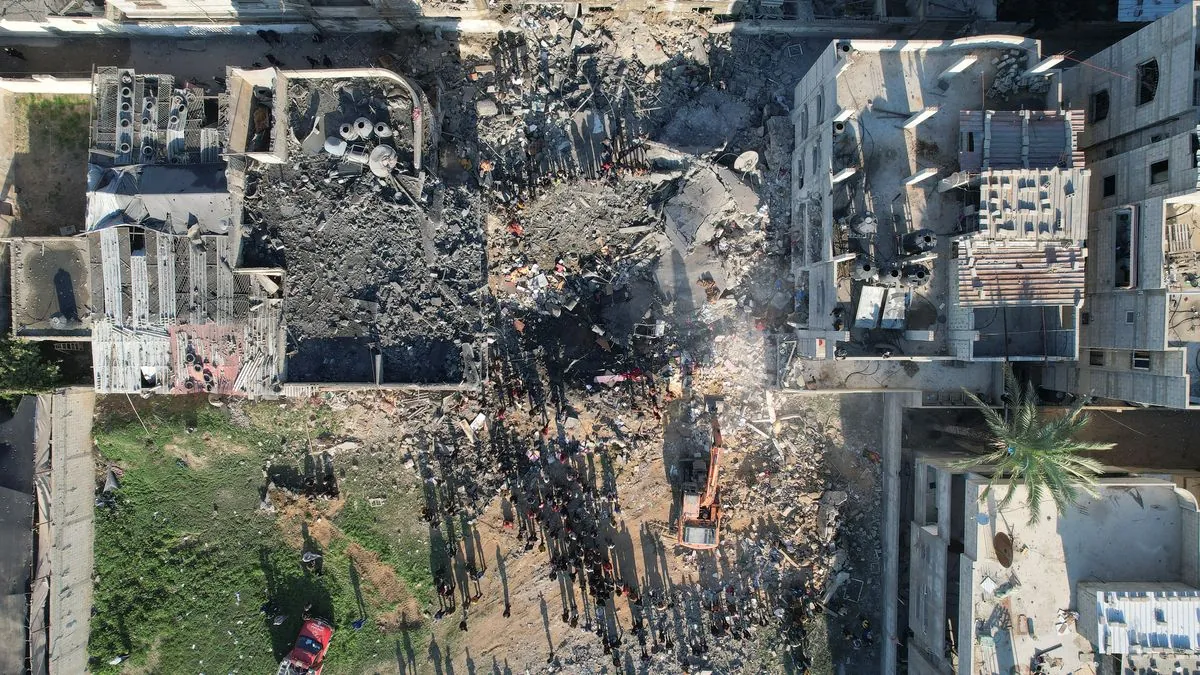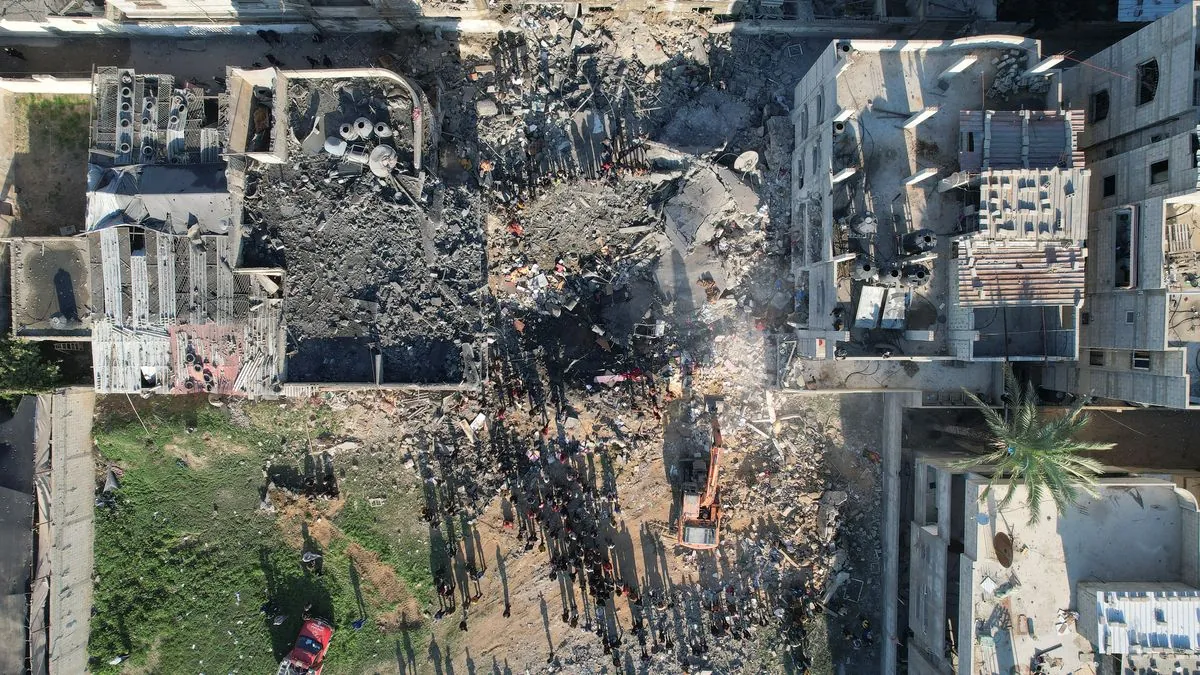Israeli Reservists Face Long Recovery After Gaza Conflict Injuries
Israeli reservists grapple with severe injuries from the Gaza conflict, highlighting the war's impact on civilian-soldiers. Hospitals expand to meet the influx of wounded, showcasing Israel's advanced medical care.
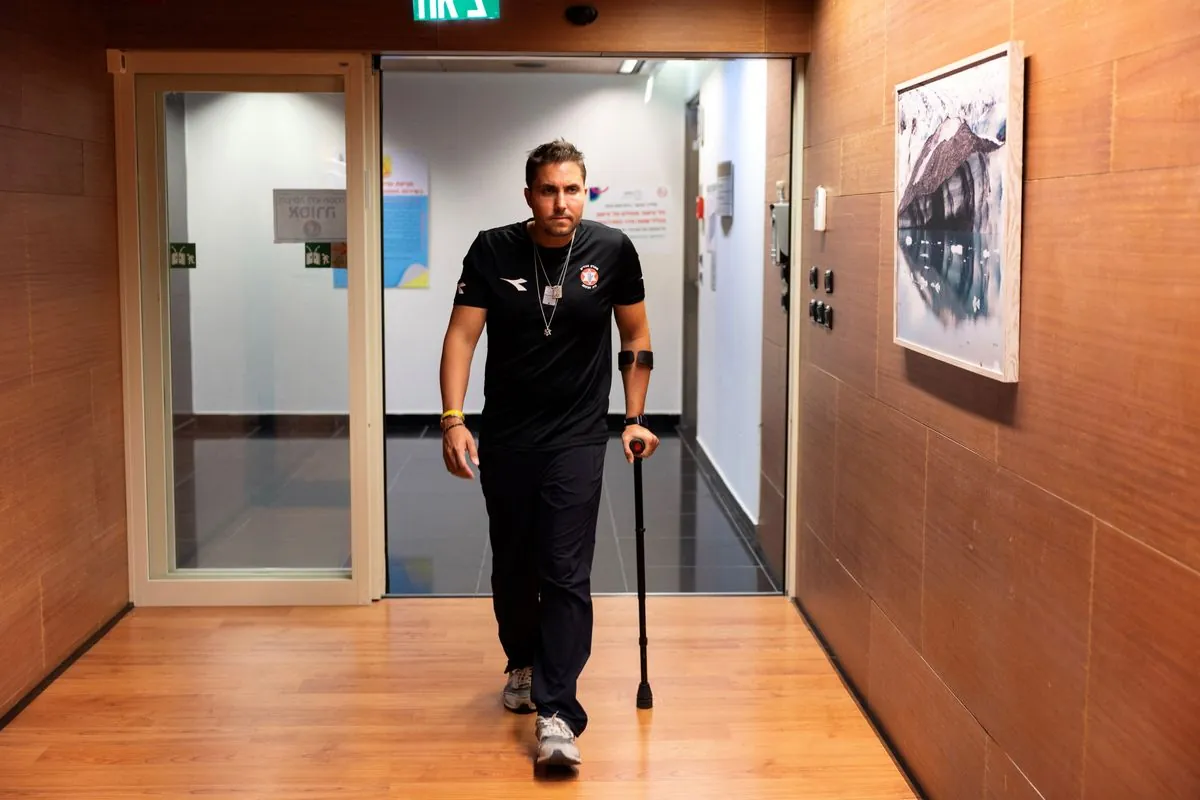
In the aftermath of the ongoing conflict in Gaza, Aaron Bours, an Israeli reservist, continues his recovery journey one year after sustaining a severe leg injury. Bours, now navigating life with crutches, exemplifies the challenges faced by many of the 300,000 reservists called to duty since the conflict's inception.
The Israel Defense Forces (IDF), founded in 1948, boasts one of the world's largest reserve systems relative to population size. This system allows for rapid mobilization, with reservists serving until their late 30s or early 40s. However, the toll on these civilian-soldiers has been significant.
According to the Rehabilitation Department of the Ministry of Defense, over 10,000 wounded soldiers have received treatment since October 2023. More than two-thirds of these patients are reservists, underscoring the conflict's impact on Israel's civilian population. The injuries range from limb damage to internal trauma, reflecting the intense combat conditions in Gaza's urban landscape.
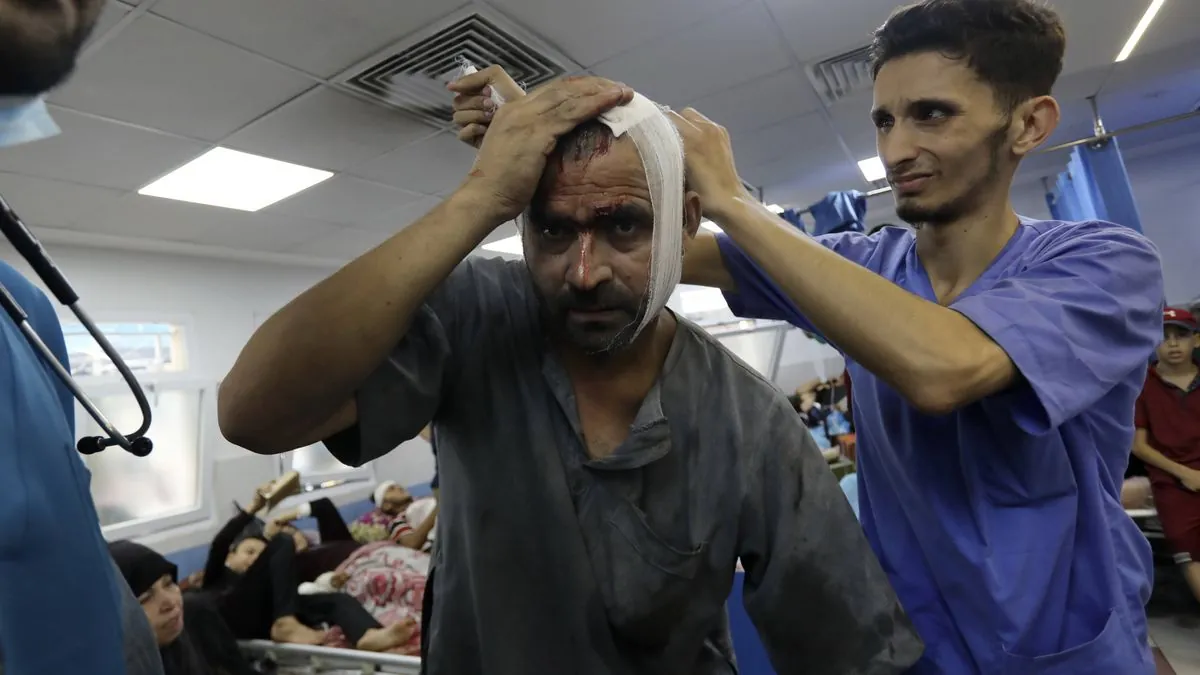
Israel's advanced healthcare system has risen to meet this challenge. The Sheba Medical Center, Israel's largest hospital, expanded its facilities to accommodate the influx of wounded. Dr. Israel Dudkiewicz, who oversees the rehabilitation center, noted the hospital's swift response, including the addition of new wings and beds. This adaptability highlights Israel's commitment to providing top-tier medical care to its soldiers.
"I can't say it wasn't challenging. But in the end we were able to provide service."
The contrast between the medical care available to Israeli soldiers and the situation in Gaza is stark. While Israeli hospitals expand and adapt, Gaza's healthcare system has been largely decimated by the conflict. The Gaza Strip, one of the world's most densely populated areas, faces severe shortages of medical supplies and equipment due to the ongoing blockade since 2007.
The long-term implications for reservists returning to civilian life are profound. Yosi Sochr, a 34-year-old reservist, faces an uncertain future regarding the full use of his left arm and shoulder after an explosive device injury. His situation exemplifies the challenges many reservists will encounter as they transition back to their regular lives.
Israel's focus on rehabilitation extends beyond physical recovery. The country has developed advanced prosthetics and rehabilitation technologies, and there is growing emphasis on addressing the psychological impact of war. Post-traumatic stress disorder (PTSD) remains a significant concern for returning soldiers, prompting increased research in this area.
As the conflict continues, the experiences of reservists like Bours and Sochr will undoubtedly shape Israeli society for years to come. Their stories highlight the complex interplay between civilian life and military service in a nation where universal conscription and a robust reserve system are integral to national defense.






























